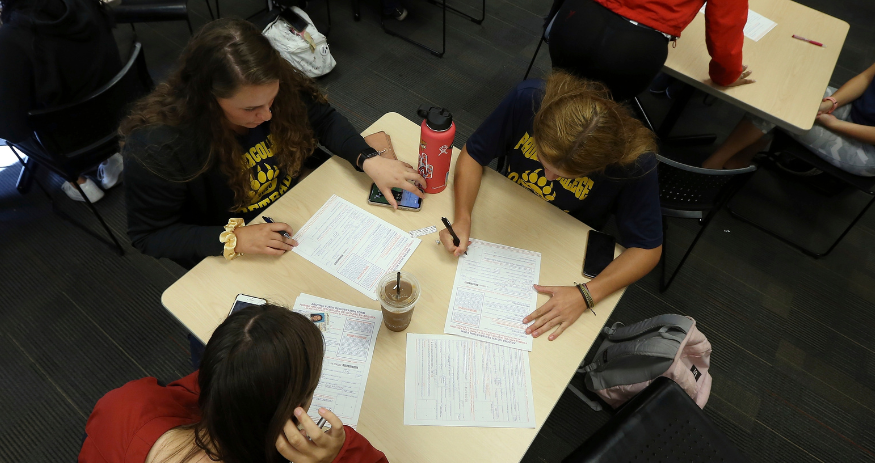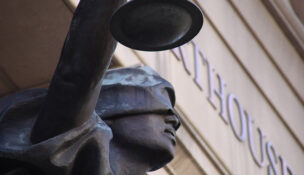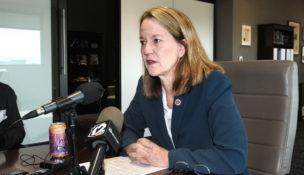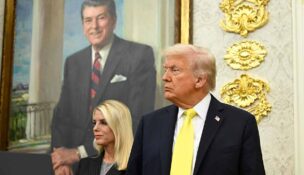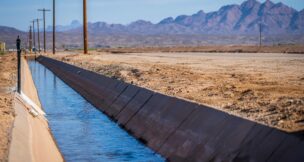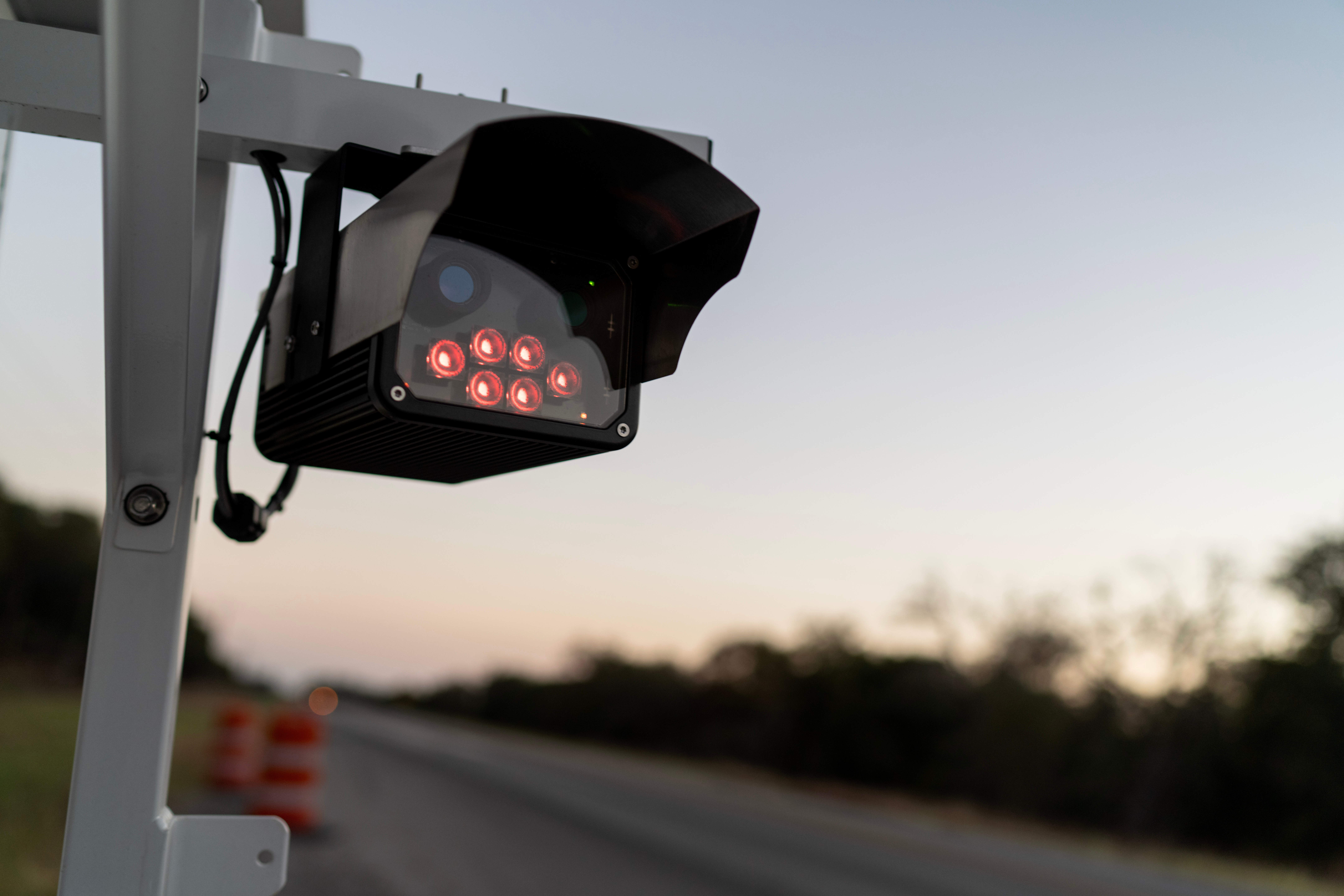Arizona Supreme Court rejects GOP bid to void executive orders to make registration and voting easier
Howard Fischer, Capitol Media Services//September 12, 2024//
Arizona Supreme Court rejects GOP bid to void executive orders to make registration and voting easier
Howard Fischer, Capitol Media Services//September 12, 2024//
PHOENIX — The Arizona Supreme Court won’t consider a bid by the head of the Arizona Republican Party to void executive orders issued by Gov. Katie Hobbs designed to make registration and voting easier, at least not now — and possibly not ever.
In an order Thursday, Chief Justice Ann Scott Timmer said any complaint by GOP Chair Gina Swoboda that Hobbs acted illegally should be taken to a trial court. The justice said there is no reason to bypass the regular process for filing lawsuits and going directly to the state’s high court.
And Timmer took a swat at Swoboda for arguing she needed immediate Supreme Court intervention because of “immediate ramifications” for the upcoming general election. The chief justice pointed out that the orders being challenged as illegal actually were issued by the governor in November 2023.
“Petitioners have not addressed why neither executive order was challenged until this point in time,” Timmer wrote. “An earlier challenge would have permitted the petitioners to secure a final ruling well before the upcoming election.”
There was no immediate response from Swoboda, who filed the suit along with other individuals.
Thursday’s order leaves in place two orders by the governor, which she said are designed to make registration easier and to provide some options for counties that often find themselves looking for polling places and where to locate drop boxes.
One directs state agencies to include on their public websites a link that directs users to either the Secretary of State’s voter registration website or an online voter portal operated by the Motor Vehicle Division where people can sign up to vote.
It also says the agencies should make paper registration forms available in “conspicuous public locations.” And it says if a form is completed and turned in, the agency must return it to the Secretary of State or appropriate county officials within five days of receipt.
Attorney Andrew Gould, who represents Swoboda, charged all of that “substantively and fundamentally exceeds her constitutional and statutory authority.”
The other says that state buildings can be used as voting sites or ballot drop-off locations this year and into the future.
Gould, who ran unsuccessfully to be the Republican nominee for attorney general in 2022, said state law gives the Legislature, which happens to be controlled by Republicans, the power to decide voting and ballot drop-off locations as well as enacting laws on voter registration. And he said it is the county recorder who authorizes individuals to accept registration forms and designates where the forms can be distributed and where they can be received.
So he asked the Supreme Court to issue an order enjoining the governor from enforcing either order.
The governor, for her part, was ready with a response.
In filing on her behalf, attorney Andrew Gaona told the justices there is nothing in state law that prohibits agencies from providing Arizonans with voter registration forms. In fact, he said, the law actually requires county recorders to distribute mail-in registration forms at not just fire stations, public libraries and other locations open to the public but also at government offices.
As to voting locations, Gaona said it is each county, not the governor, which determines where to establish those. Ditto, he said, of drop boxes.
All the order does, Gaona said, is gives the counties options to use government buildings.
Nor, he said, is this idea new.
He pointed out that the state made a Motor Vehicle Division office in Avondale available as a voting location in the July primary, all in cooperation with Maricopa County. And an agreement with Coconino County will allow an MVD office to be used as a site to drop off early ballots for the upcoming general election.
And then there’s the timing of the lawsuit: less than three months before the election — with a direct plea to the state’s highest court
“Petitioners should have filed in superior court months ago, but waited until the day before the ballot printing deadline for the general election in their craven attempt to cast doubt on Arizona’s elections process and limit Arizonans’ access to the democratic process,” Gaona told the justices. And he called the claims “the very definition of frivolous, relying on nonsensical reading of the orders and relevant statutes.”
That timing, and the decision to go directly to the Supreme Court, got the attention of the justices.
Timmer pointed out there are rules that say if anyone wants to bypass the normal process of filing lawsuit they have to explain why. That, she said, is lacking here.
“The court concludes that petitions have not presented adequate justification for the action to commence in this court rather than in the superior court,” the chief justice wrote.
She also pointed out it’s not like failing to address the issue right now will deprive Swoboda of any chance to challenge Hobbs’ orders which affect not just this election but all future ones. Timmer said any questions about their legality will remain even after the November general election.
Timmer was quick to say that refusing to consider the complaint was not a finding for or against either Swoboda or the governor.
“The court expresses no view on the merits of the parties’ claims or defenses,” she wrote.
Timmer did reject requests made by both Swoboda and the governor to have their legal fees paid by the other side, saying that could be revisited later.
The filing at the Supreme Court wasn’t the only bid by Gould, on behalf of Swoboda, to have the orders rescinded.
Before filing suit, Gould actually tried to get Attorney General Kris Mayes to go to court to restrain the governor’s action. That drew a skeptical response.
“I fail to understand how increased access to voter registration forms or polling places could be harmful to anyone, including your clients,” Mayes said.
And a pre-lawsuit plea directly to the governor to rescind her orders also failed to get the response that Gould was seeking.
In a written reply, Bo Dul, the governor’s general counsel, defending the legality of the actions of her boss.
“These executive orders further the important goals of increasing Arizonans’ access to voter registration,” Dul wrote. She also said one reason for allowing state sites to be used as polling locations has been complaints by some counties they find fewer suitable locations willing to do so.

